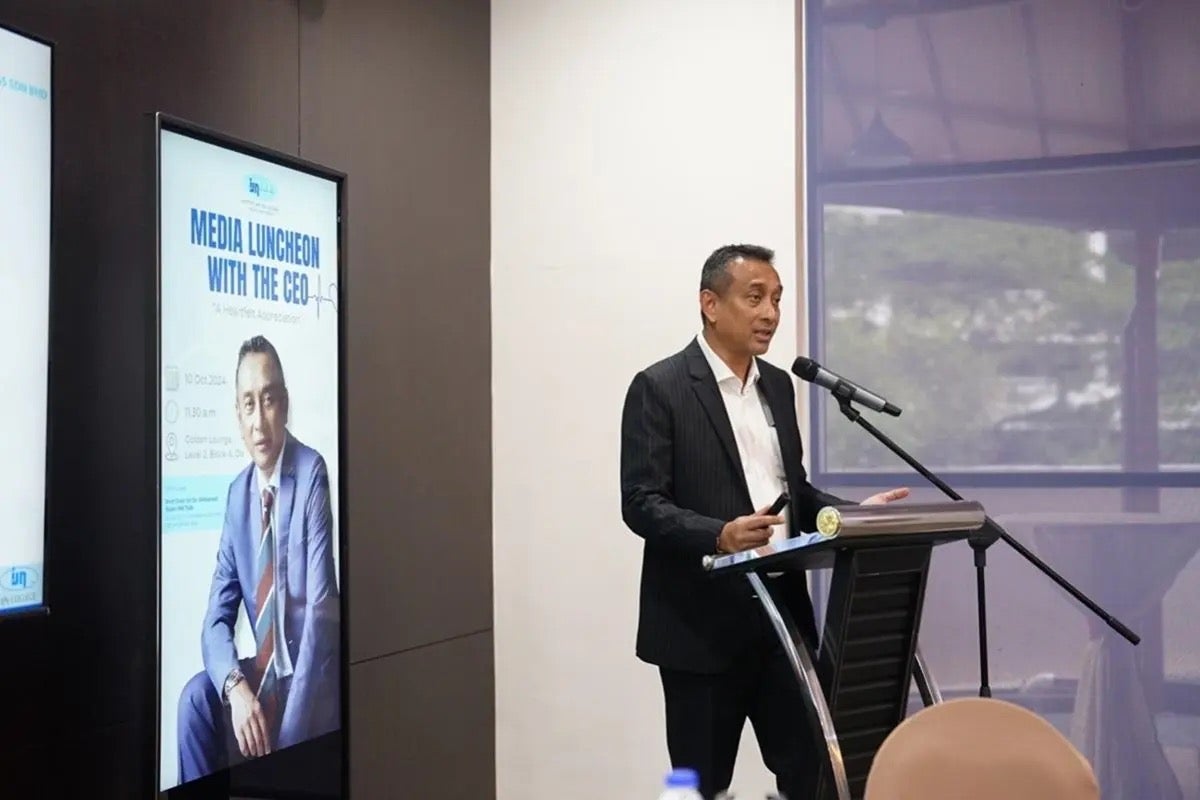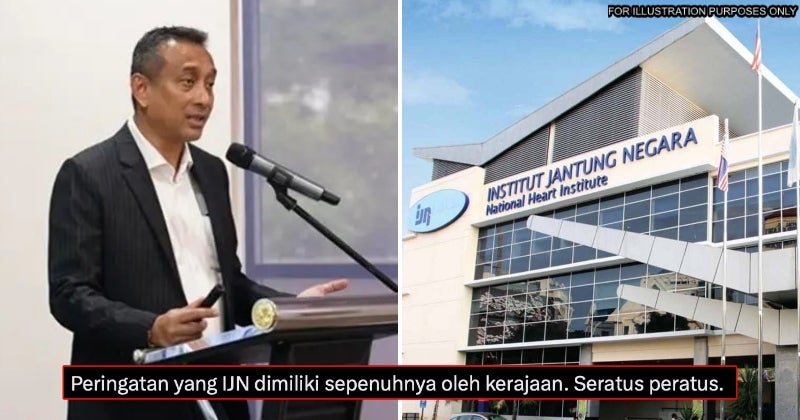Recently, the National Heart Institute (IJN), through its CEO, Prof Datuk Seri Dr Mohamed Ezani Md Taib, announced that it is seeking a 10% to 40% fee hike for patients referred by the Ministry of Health (MOH).
The Edge Malaysia quoted Mohamed Ezani as saying that the fee structure was set more than 20 years ago, in 2003, and a review is necessary given inflation and rising costs.
He asserted,
“Healthcare costs have gone up, but we still charge the government the original costs. For example, we have additional doctors or nurses, we don’t charge them for it, we have to bear the cost,”

Prof datuk seri dr mohamed ezani md taib
Malaysians call out IJN for the up to 40% fee hike
However, IJN’s move didn’t go down too well with Malaysians online, with many criticising the national heart surgery centre for the proposed fee hike.
In a viral X (formerly Twitter) post with over 530,800 views and 3,400 likes, @vonlibertad pointed out that IJN is fully owned by the Government, specifically under the Ministry of Finance (MOF).

This prompted Malaysians to debate in the replies whether IJN’s up to 40% fee hike is just, especially given its status as an enterprise fully owned by the Minister of Finance Incorporated.
One commenter defended IJN’s fee hike, saying that given it’s an enterprise under MOF, they’re meant to turn a profit, unlike those under the purview of MOH.

Another commenter disagreed with the sentiment, saying that as a national heart institute, IJN is meant to serve the public and not have a private company mindset. He added that if IJN wants to run as a private enterprise, it must drop the ‘national’ in its name.
Besides that, another Malaysian, @syahirsyhr, found flaws in the replies comparing IJN with other GLCs that are not 100% owned by the Government, like IJN is.

In a separate X post, @syahirsyhr pointed out how IJN’s financial records from 2018 to 2021 showed that its turnover increased every year.

So, what is your opinion on the matter? Share your thoughts with us in the comments!
Also read: Malaysia on Track to Becoming a High-Income Nation by 2028, Possibly as Early as 2027








































